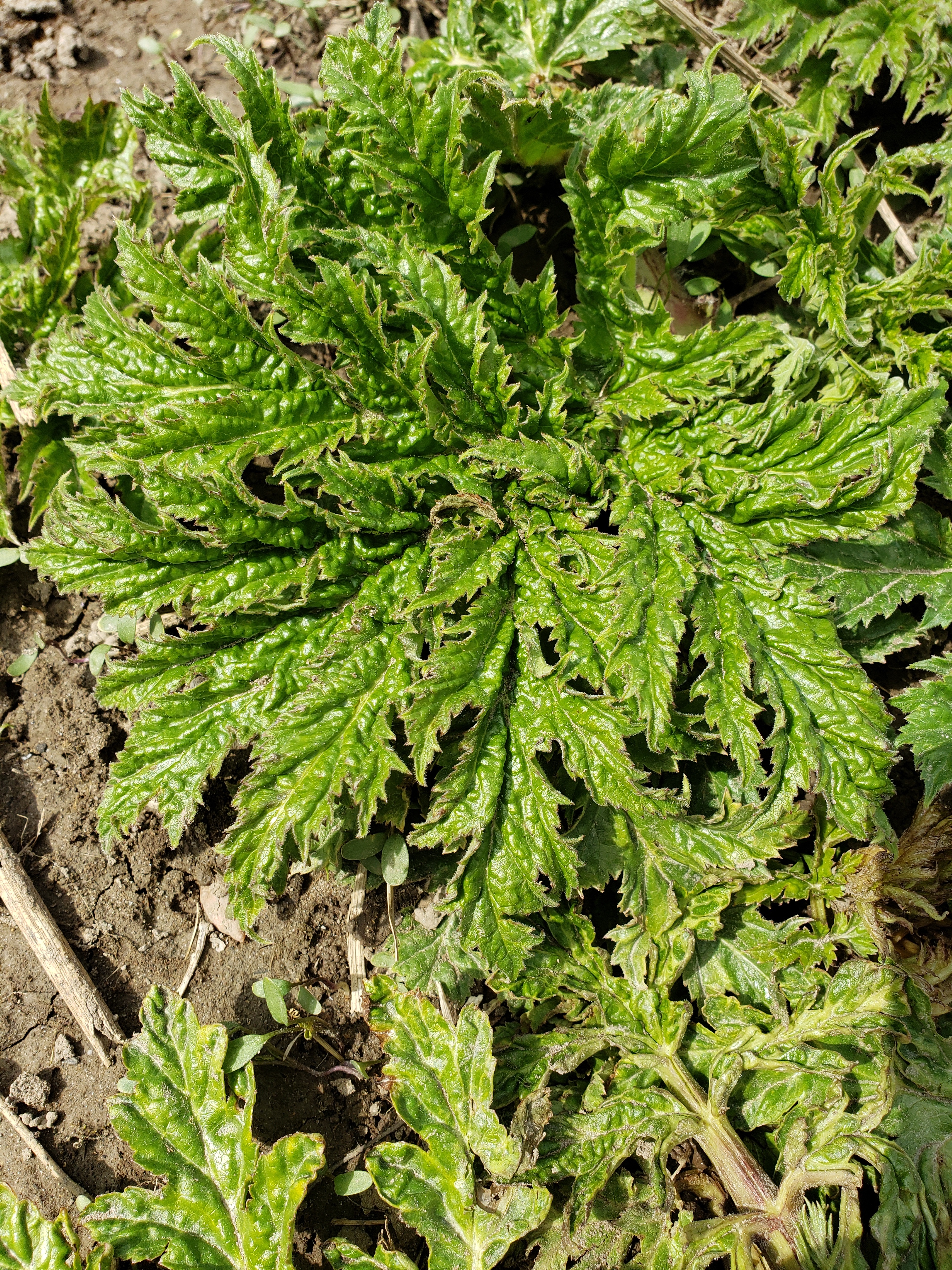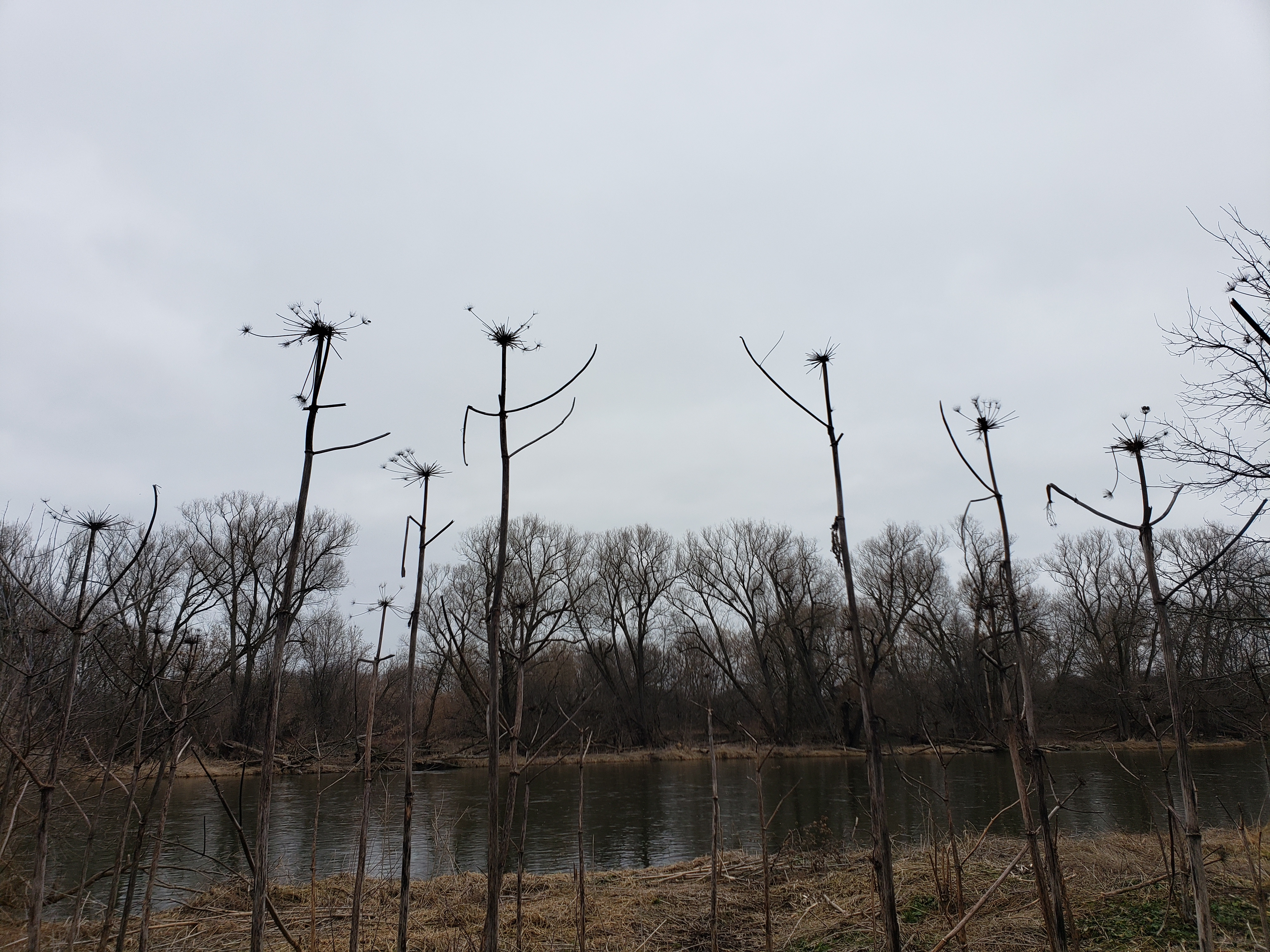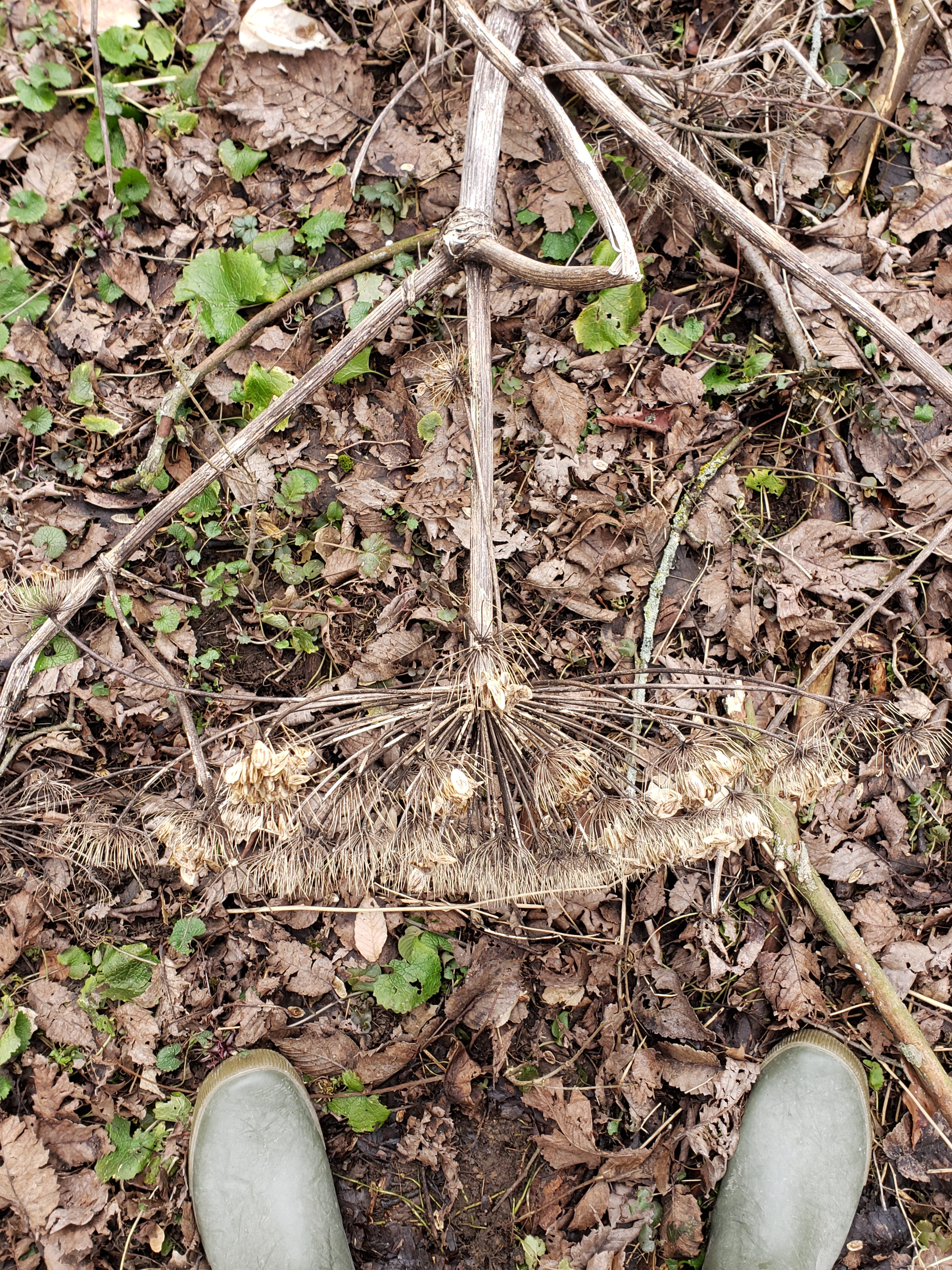For sure this is garlic mustard but please confirm the identity of plants before eating them!
Forage Fellows 🍄🌱
Welcome to all things foraging! A new foraging community, where we come together to explore the bountiful wonders of the natural world and share our knowledge of gathering wild goods! 🌱🍓🫐
I checked it with the PlantNet app, and searched for images and description and look-alikes as well. Is there anything more I should do to confirm plant identities? Edit: forgot to mention smell test
Not necessarily, that all sounds like good practice, I was just going off of your comment which sounded uncertain. If you did your due diligence then it’s probably fine.
I was always taught that before eating anything you should be essentially certain of its edibility. But of course, some people consistently overrate their own certainty and some people consistently underrate it, so this standard does pose problems and it is worth self-reflection on which category you may fall into.
Getting community or expert input, as you’ve done here is also not a bad idea, though obviously we can be wrong as well. But the more layers of verification you have, the safer you are.
One thing to keep in mind as a novice forager is that there will be future opportunities. It’s perfectly OK to harvest a plant and then decide you aren’t certain and toss it. It’s part of the learning process, and you will find more of any foraged food that is ethical to harvest, almost guaranteed. After enough attempts and education you will feel confident and can enjoy it then!
I was always taught that before eating anything you should be essentially certain of its edibility. But of course, some people consistently overrate their own certainty and some people consistently underrate it, so this standard does pose problems and it is worth self-reflection on which category you may fall into.
Getting community or expert input, as you’ve done here is also not a bad idea, though obviously we can be wrong as well. But the more layers of verification you have, the safer you are.
One thing to keep in mind as a novice forager is that there will be future opportunities. It’s perfectly OK to harvest a plant and then decide you aren’t certain and toss it. It’s part of the learning process, and you will find more of any foraged food it’s ethical to harvest, almost guaranteed. After enough attempts and education you will feel confident and can enjoy it then!
Thank you for the concern! I think it will be wise for me to post finds here before consuming from now on.
Definitely garlic mustard. Should be purple at the base of the stems, and the root will have a bit of a hook to it.
I spend a lot of time clearing this stuff in my wooded yard, as it’s highly invasive.
Seconded.
It's technically an invasive species where I live. (The city recommends you destroy it)
But, it is entirely edible.
I learned this from stumbling into this episode on TV one day:
Wild Harvest | Season 2 | Episode 2 | Nettle, Mustard & Dandelion
I can only imagine. All I could find sprouting was LOTS of this, and giant hogweed
Yeah it is highly allelopathic meaning its roots poison other plants that try to grow near it. Maybe the worst invasive species in regions it has invaded.
giant hogweed
Yikes! That's the stuff that can burn your skin and potentially make you go blind, right?
Yes. And I just learned the last part:
"Why is giant hogweed dangerous? When combined with sunlight, sap from the plants can cause extreme skin irritation, temporary or permanent blindness, and scarring. Burns acquired from the plant can continue to cause painful blisters when exposed to sunlight for up to a decade. "
A decade wtf
Yeah, when I first learned that, I decided that I'll stay far away from it if I ever see one. Afaik it can't hurt you unless its sap touches you, but I'm not taking chances if I don't have to
I saw this patch of dead ones and was hoping it was maybe sunflowers (I saw what looked like seeds nearby here), but now with the new sprouts was able to identify them (pretty sure).
I have just found an app called EDDMaps that let's you report invasive species so I'm going to do that next time I go back, and before they grow more out of control.



Is it spicy? Why is it called mustard?
I'm not sure I'd call it spicy, but it has a bit of a bite to it. It's one of many members of the mustard family. It definitely tastes and smells a lot like garlic.
